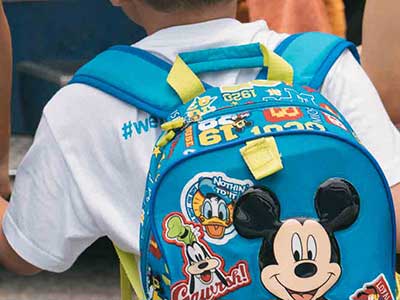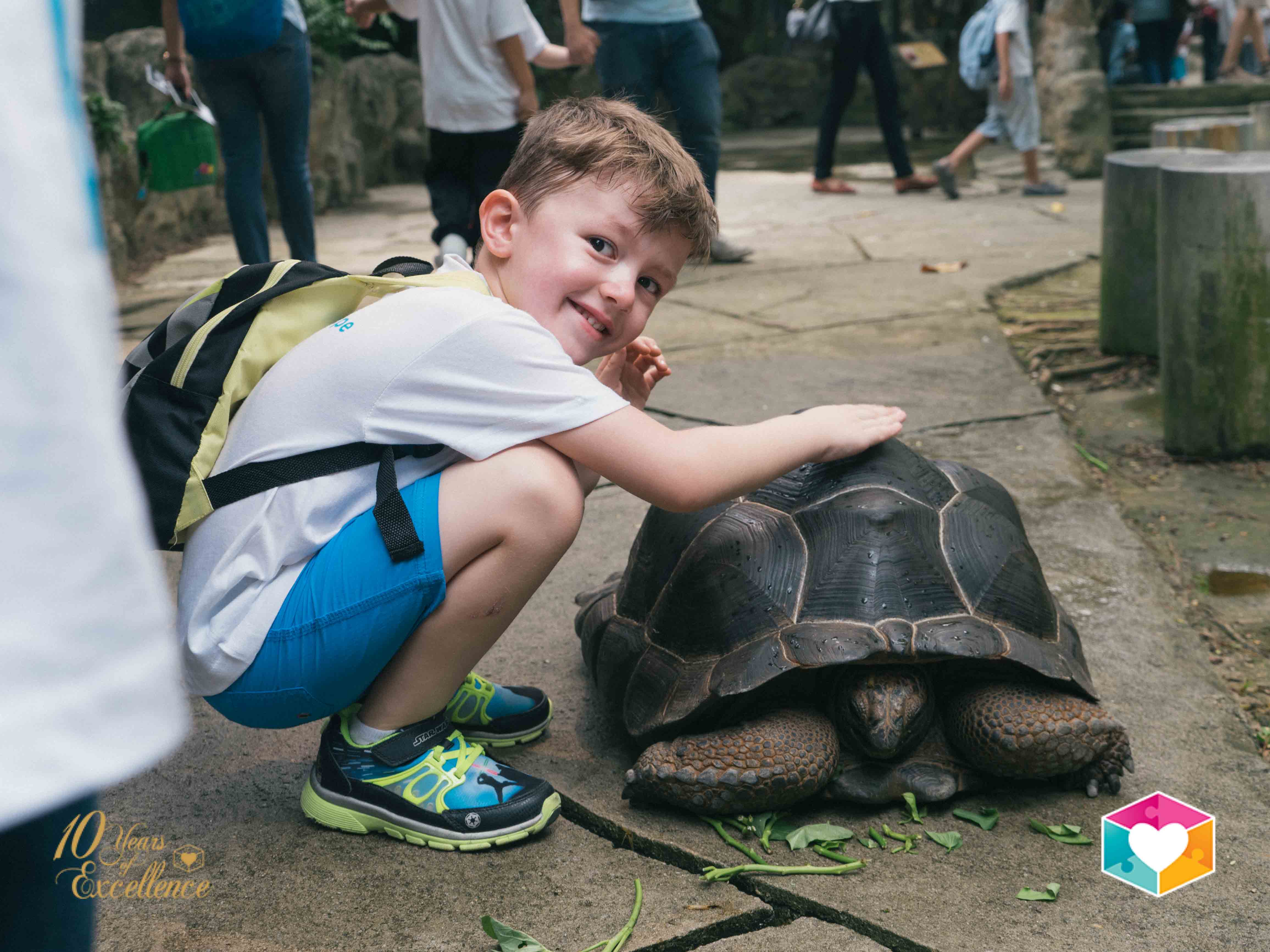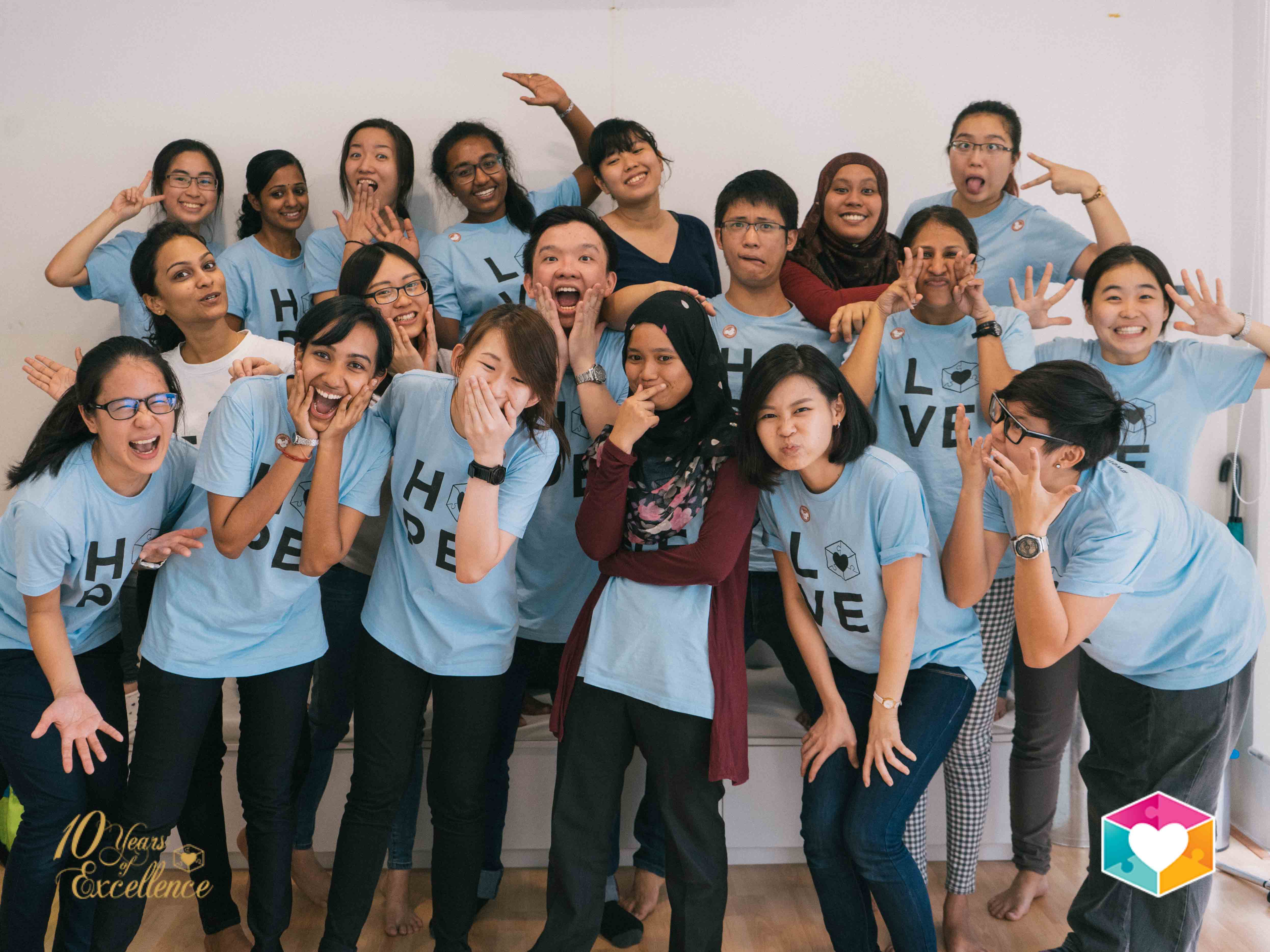
Preparing Your Child With Autism For A Field Trip
Field trips are a part of most school programs and these are done at least once a year. Several common places that are frequently visited during school field trips include science centres, zoos, and aquarium. For most typical children, field trips can be a highlight of their school term, as it serves as a reward and fun break from their usual school routine. Nevertheless, for children on the autism spectrum, field trips
can be a nerve-wrecking experience and it may trigger higher anxiety levels in them. In certain instances, children on the spectrum may display a tantrum behaviour during the field trip and this may pose a challenge to their families, friends and/or teachers.
Instead of hindering children on the autism spectrum from attending a field trip with their friends, there are several ways to prepare them for this event and support them during the field trip.
It is important to ensure that children with autism are set up to be successful during the field trip, so that they can have a meaningful and positive experience.
1. Firstly, analyse the elements of the child’s field trip, from the bus ride to the things they will see during the field trip, and the friends/people that will be going with them.
2. Secondly, determine the skills required for the child to be able to participate in the field trip, and simplify it to their level of understanding. Some pre-requisite skills would include listening to group instructions, waiting, and staying with group.
3. Thirdly, practice these skills with your child in a safe and structured environment. The more practice the child gets for a particular skill, the more likely that skill would be strengthened.
4. Lastly, reward your child for good behaviour. It is important to reward your child with autism when they demonstrate the target behaviour during the role play as well as during the field trip. This reward component would help to strengthen the emerging skills in your child with autism.
1. Prepare
Before the children go for a field trip, it is essential to prepare them in advance for this event. Once a date has been set, this event should be plotted down in a calendar and shown to the child. After each day has passed, cross out the previous day with the child. As the day of the field trip draws nearer, you could start counting down the days with your child.
In addition, you could utilise a Social Story to clearly communicate to your child about the details for this event. A social story depicts the event that is about to happen. It contains a script and supplementary pictures to effectively communicate to the child, as most children on the spectrum are visual learners. It is important to note that social stories should be individualised to the child, according to the child’s literacy and skill sets.
Another important thing to prepare your child with autism for is the bus ride. Your child with autism may be familiar with a toy bus or a picture of a bus, but the actual bus may cause stress or anxiety. Hence, it is necessary to include the ‘bus ride’ element in the social story as well. Additionally, you could take your child with autism on practice runs, by taking them on a short bus ride on a public bus prior to the field
trip.
More details on how to write a social story can be found here.
We have also written a social story you can use for your child with autism, to prepare him/her to go on a field trip to Farm In The City. You can download it here for free and print it out!
2. Communicate
In addition to preparing your child with autism for the field trip, it is also necessary for you to clearly communicate to him/her about the schedule for the day, as well as the expectations while they are on the field trip.
It is important that these rules and expectations are established prior to the field trip. Additionally, some of these rules may need to be practiced beforehand in a safe environment. One example would be for the child to practice staying with an adult – parent or teacher. This expectation could initially be taught to the child in the home environment and paired with a reward, to strengthen the child’s ability to stay with an adult. Thereafter it could be practiced outside of the home environment in the porch or at a playground. During the field trip, when the child stays with the adult for a period of time, the child could then receive a small reward (e.g. sweet, chocolate or short time on the phone) to reward them for staying with the adult.
Furthermore, it would be good to let the child know about the flow of the day. You could tell the child about the different activities they will be involved in, and write it down on a schedule so that the child can refer to it throughout the field trip. This written/visual schedule provides the child with predictability so that they know what to expect next and it can also ease transitions from one activity to another.
3. Occupy
Typically during a field trip, people are expected to wait – waiting to get on the bus, sitting on the bus waiting to arrive at the location, waiting in line to enter venue, etc, For children with autism, waiting can be a challenge, and they might become restless or upset during this process.
To help children with autism cope with the process of waiting, one strategy is to keep them occupied while they are waiting for the next activity. Do note however that you would have to consider the social-appropriateness of the activities you provide to your child while out on a field trip. Some activities to occupy your child with during a field trip include books, small toys, snacks and phone time (songs, games). Before transitioning to the next activity, remember to give your child predictability and communicate to your child what is happening next.
Additionally, your child might require several short breaks during a field trip. Some children might require a short break after each activity, while some could carry on for several activities before requiring a break. These short breaks allow your child to regroup his thoughts and regulate his energy levels.
4. Affirm & Reward
It is necessary to affirm your child with autism that he/she is doing the appropriate behaviour while out on a field trip. Do reward them for staying with you, listening to instructions and for coping well to the new environment. For example, you could reward your child with a small treat if he/she stayed by your side or with the group throughout a set duration or activity.
Show them how they can participate in an activity and praise them when they do. For example, on a trip to Farm In The City, first demonstrate to your child how to feed the fishes. Thereafter, give your child his/her turn to feed the fishes as well. If your child participates, praise him/her for participating and trying out a new activity.
We hope this article and the free resources provided will help you. Check out some of the highlights from our very own recent field trip to Farm In The City with the kiddos!











